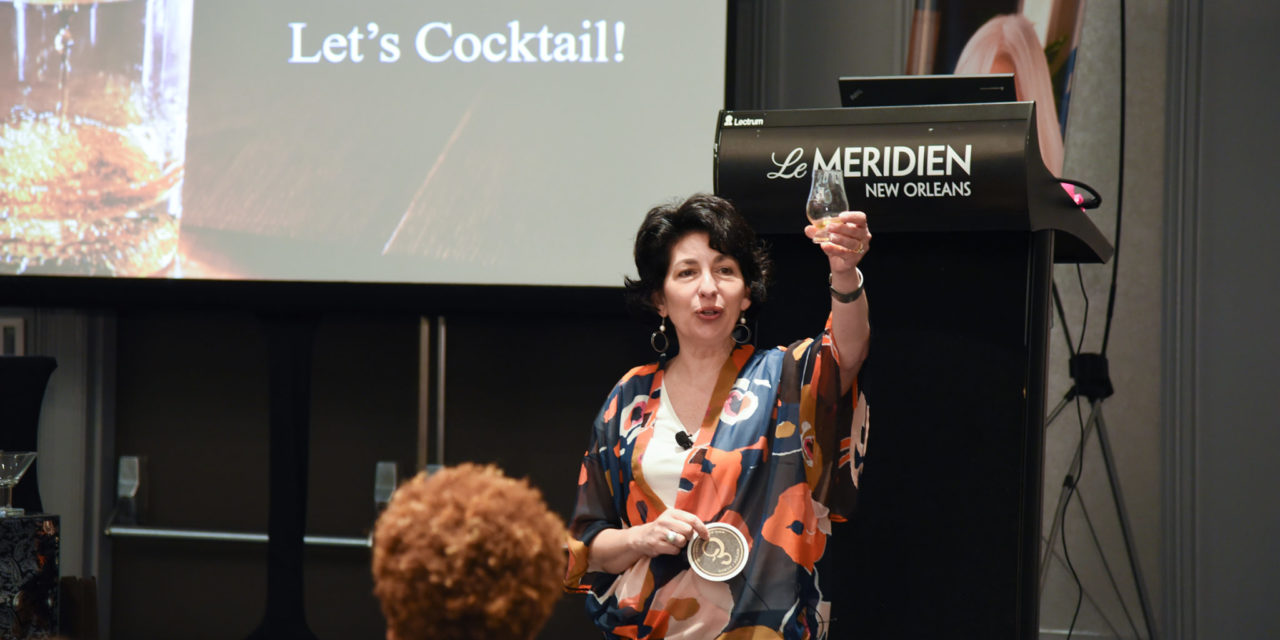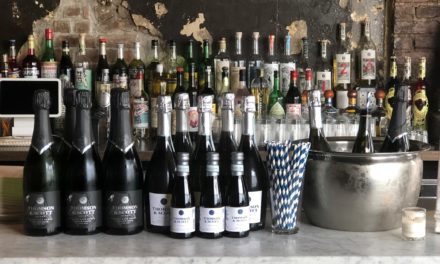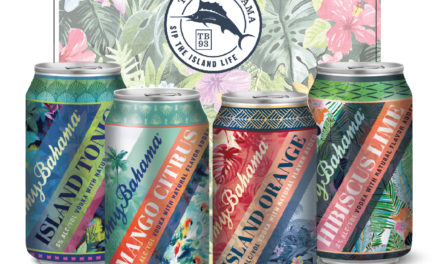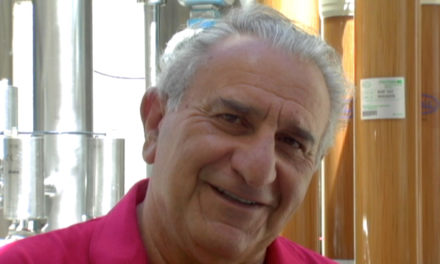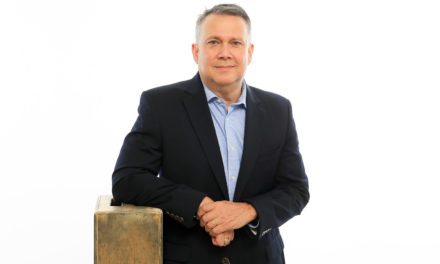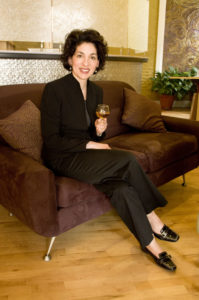
“Some campaigns paint a portrait of a woman who enjoys spirits, and it’s the wrong psychographic profile completely.” —Peggy Noe Stevens
In Peggy Noe Stevens’ world, a day must come with 36 hours. Her main gig is as the founder and president of Peggy Noe Stevens and Associates, a spirits consultancy specializing in memorable consumer experiences. She’s also a master bourbon taster, a certified etiquette and protocol consultant, a bourbon and food pairing expert, a public speaker and spirits educator, and a certified image consultant.
To top it all off, she’s also the founder of Bourbon Women, a nonprofit organization that acts as a bridge between the bourbon industry and female enthusiasts, a channel for education, and a research network. Of all her jobs, Stevens says it’s her role with Bourbon Women that takes every bit of her skill.
Missing the mark
Women have been making and drinking bourbon for centuries, but they can still feel like a forgotten segment of the bourbon market. In the 1990s, Stevens saw that first-hand as a brand ambassador for Woodford Reserve. Women often came to her tastings and events, but men tended to dominate the conversation until after the presentation, when women would sidle up and start asking questions in a less open setting.
“I realized then that we weren’t having a real conversation with women,” she says. “Women weren’t a marketing priority because traditionally, bourbon had always been marketed to men. My vision was to flip that upside down.” Women already had a keen interest in cocktails, and Stevens believed they represented a huge untapped market for the bourbon industry.
After its official launch in 2011, Bourbon Women undertook focus groups, diving into questions like what kinds of women are interested in spirits and how they’d like to engage with spirits brands. The results might have surprised some, but not Stevens. “Women don’t want to be condescended to,” she says. “Some campaigns paint a portrait of a woman who enjoys spirits, and it’s the wrong psychographic profile completely.”
She says there’s no upper age limit on women interested in spirits. They’re confident, curious, often professionally successful, and love adventure and travel. They’re frequently foodies, and despite brands’ belief to the contrary, they’re not just interested in soft, easy-drinking whiskeys.
Promoting inclusion
A recent Bourbon Women event, called He Sips/She Sips, featured a blind tasting for men and women, and the results were illuminating. “Hands down, women chose the spicier, higher proof, and more robust brands,” Stevens reveals. “But for some reasons when brands try to create a product just for women, it’s always lower proof, lighter, and sweeter. That misses the mark.”
Today, Bourbon Women links thousands of women around the country and has sub-chapters in seven cities. Stevens says the satisfaction that comes from connecting women to the bourbon industry is remarkable, and that she’s hopeful women’s prominence in whiskey will only continue to grow. “Really, women have been part of the industry for more than 200 years, we just didn’t get credit for it,” she says. “Today, things are changing for us.”

